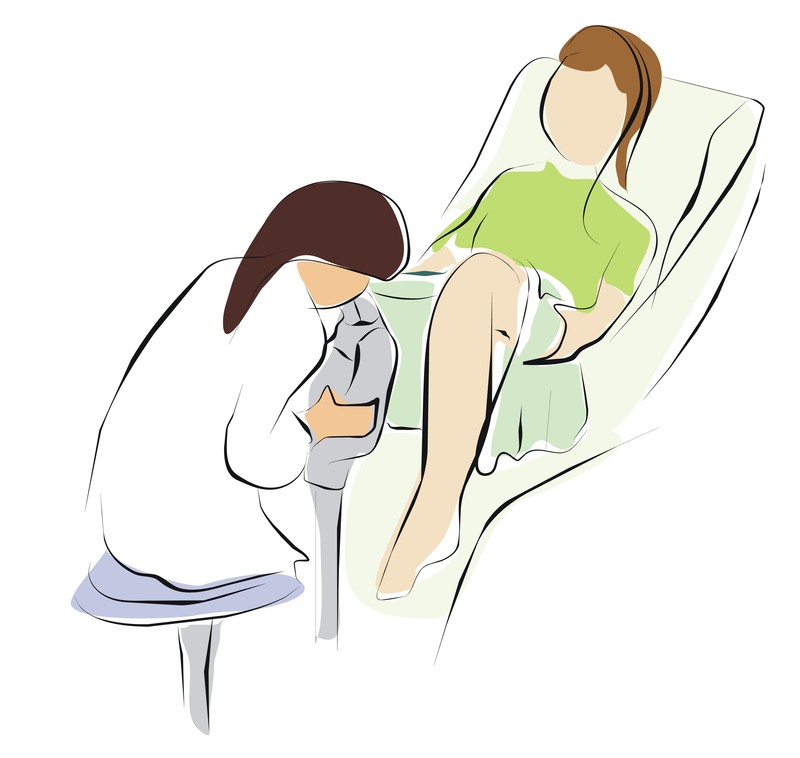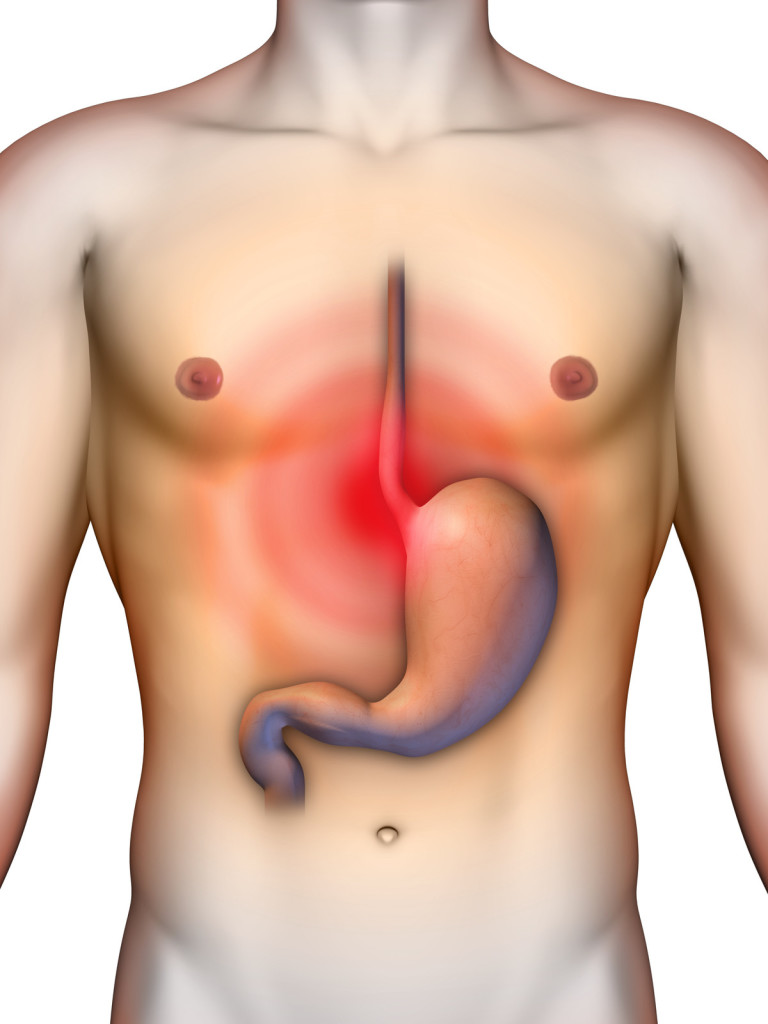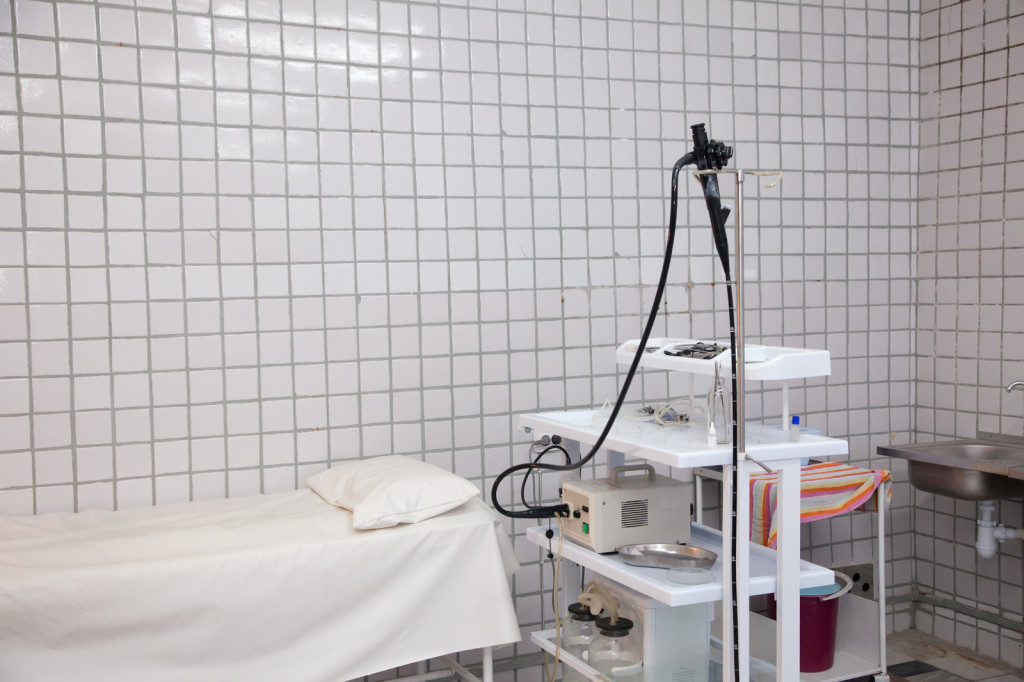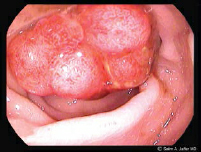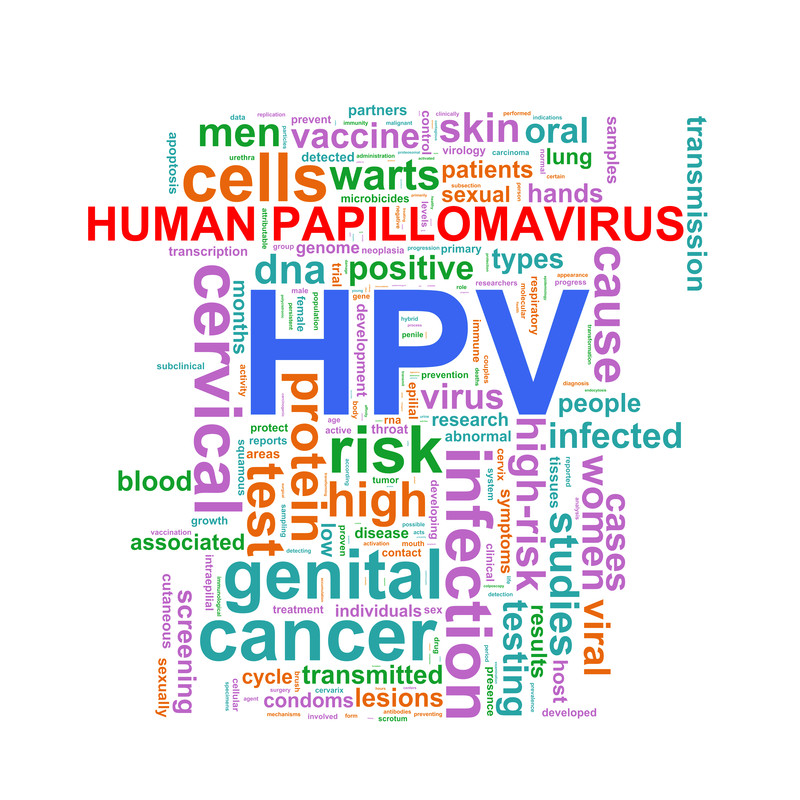 The human papilloma virus (commonly known as HPV) is one of the most common sexually transmitted diseases. In fact, the National Cancer Institute estimates that more than 90% of sexually active men and more than 80% of sexually active women will be infected with some form of HPV in their lives.
The human papilloma virus (commonly known as HPV) is one of the most common sexually transmitted diseases. In fact, the National Cancer Institute estimates that more than 90% of sexually active men and more than 80% of sexually active women will be infected with some form of HPV in their lives.
While most HPV infections cause no noticeable symptoms and go away within a year or two, there are many strains of HPV, and some can have deadly lasting effects. One of the most serious of these effects is cervical cancer, a disease responsible for about 4,000 deaths a year in the United States. Since the vast majority of cervical cancer is caused by HPV, this virus is a major health concern for our country, especially considering that many strains of HPV can be prevented with vaccines that is readily available.
So why aren’t we all vaccinated against this disease?
The main issue with HPV vaccines is that they cannot cure existing HPV infections. They also don’t help prevent or cure diseases that existing HPV infections might cause – like cervical cancer. They have to be administered before you become infected – which means, for most people, before you become sexually active. And since the vaccines are not administered until at least 9 years of age, and are more typically recommended for people starting between 11 and 12 years old, they have to be scheduled for later in a child’s life than most of their early vaccines.
There is also a strong amount of political and social push-back against giving children and teenagers the HPV vaccine. Many religious, political, and parental groups argue that their children do not need to be vaccinated against a sexually transmitted disease until they are old enough to become sexually active.
Unfortunately, there is no way to predict when a person will become sexually active, and most young people are not educated enough in the need for the HPV vaccine to get it before they enter into a sexual relationship. And with cervical cancer being the 10th leading cause of cancer deaths in the United States, it is vital we work harder to ensure the next generation of young people are safe from this preventable infection.
In the mean time, it is extremely important that women get screened for cervical cancer with regular pap smears. In fact, even if you have gotten your HPV vaccine before becoming sexually active, you still need to be screened regularly. Cervical cancer is very curable if found early, but very deadly if found late. Either way, speak to your doctor about screening and vaccination, and you’re taking a big step toward living a long and healthy life!
